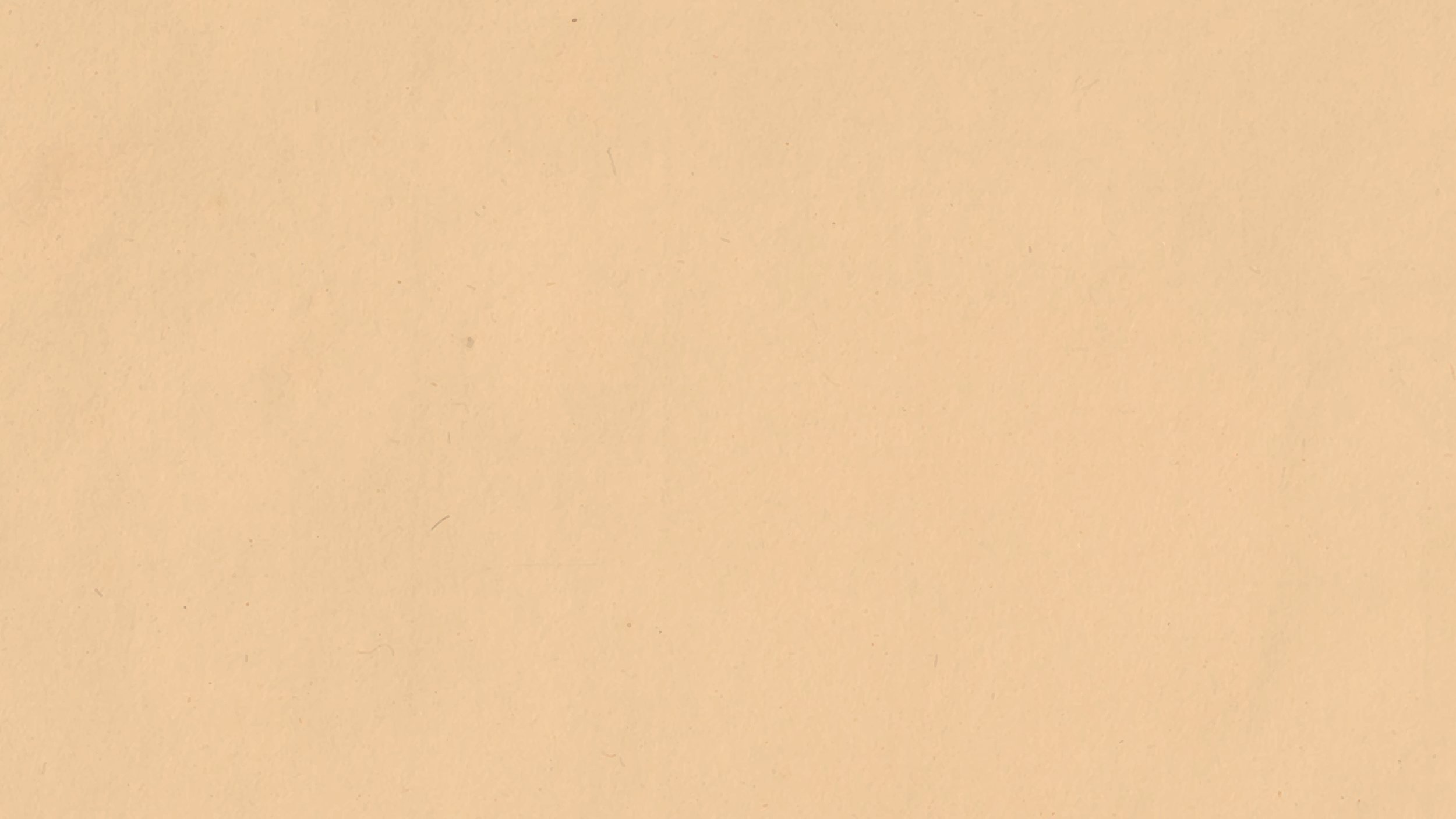Check out our Healing Center
·
Check out our Healing Center ·
How we work
OUR CULTURAL VALUES AND PROGRAMS
We deliver programs and services focused on ending domestic violence, sexual assault, stalking, and sex trafficking in Native communities. These programs and services, along with all decision-making within our organization, are guided by Wampanoag knowledge and principles that are rooted in the history, traditions, and culture of our people.
The following core programs and services that center us in addressing violence and creating healing for our tribal relatives:

Creating safe spaces and supports
HEALING FROM VIOLENCE
STAR
Shelter, Transitional
Assistance, and Relocation
Every person deserves to be free from violence and abuse.
We create safe spaces by offering:
Crisis sheltering to provide safety during crisis and emergency situations
Relocation assistance to assist program participants in relocating after fleeing/leaving an abusive situation
Transitional assistance to help support program participants become economically stable after domestic violence, and through sexual assault sheltering services
CARE
Ceremony, Advocacy,
Resources, and Experience
In our past, women lived among their female relatives.
In tribal communities, multiple generations of women worked and lived together in complex intertwined relationships, providing support and protection for each other.
In our work with people experiencing violence, we never tell people that we know best. We believe in supporting the decisions that are made by program participants. As tribal advocates, we work with our program participants as relatives and kin. As good relatives, we provide explanations of all options, walk beside program participants, and provide access to healing spaces. Our CARE services provide connection and healing, and restore balance.
-
SAFESTARS
Advocacy (legal, health, education, cultural)
Accompaniment (to court, medical, law enforcement appointments)
Crisis intervention (response to immediate, ongoing, and prior abuse)
Circles of support (support groups)
Ceremonies for healing and restoration

-
OUR MATRILINEAL ROOTS
In our past, when a couple came together it was the men who left their families and communities to live with the woman’s family. This helped ensure that the women and children were treated with kindness and respect. When a woman was mistreated, she would only have to put the man's things outside. The tribal community would know that he was no longer wanted and would help enforce her decision, keeping her safe from harm. Even during the time of colonization and through King Phillip's War, both English and Wampanoag women who were ordered to corporal punishment for being disobedient fled from colonial authorities to Wampanoag territories for protection.
With inheritance and descent determined through our women:
Land use was passed through women.
Men left their communities and families to live with their wives' communities and families.
Women controlled the gardens and food disbursement.
Men had to obtain permission from the women to go to war.
Elder women settled domestic disputes and notified the men of their decisions.
Government was egalitarian, and both genders could be leaders.
There was no domestic violence, rape, or violence against women, with no words in any Native language for such things.

Aligning with Nature
SUSTAINABILITY & SOVEREIGNTY
FEAST
Food Equity and
Sovereignty Traditions
Physical, emotional, and spiritual nourishment and bonds of kinship are essential to well-being.
In our past, women controlled the gardens and food disbursement. Like Weetamo—a Saunkskwa "equal to her male relations" and one of the "rock women" on whom entire communities relied—who took care of her people by making sure everyone was fed, we will grow Three Sisters Gardens to build health and strong relationships. We work with food equity partners to provide a stable food pantry, as well as provide Indigenous foods.
-
Building food security with food equity partners
Increasing access to Indigenous foods, increasing the amount of people eating Indigenous foods, and increasing the number of tribal people who have knowledge around Indigenous foods
Three Sisters Gardens: Growing a traditional Three Sisters Garden requires many hands and hours to be successful, but fosters strong kinship bonds.
Growing and braiding of Sweetgrass

-
INDIGENOUS FOOD SYSTEMS AND CLIMATE CHANGE
Kinship Heal's vision is to create spaces of healing, safety, and well-being using methods deeply rooted in Wampanoag culture. We believe that it is impossible to create these spaces without connection and balanced relationships with land and our non-human relatives. We are deeply committed to a modern-day restoration of traditional food systems because we know a healthy food system is not only good for us, but it is good for Mother Earth.
To learn about Indigenous food systems and sovereignty:
Watch the documentary, Gather.
Read Braiding Sweetgrass by Robin Wall Kimmerer.
Explore the website, Restoring Shoshone Ancestral Food.
OUR THREE SISTERS GARDEN
Gardens have traditionally belonged to women, and, in addition to providing physical nourishment, show how we should interact with each other. These gardens are created by:
Planting by wetlands and waterways
Mounding hills that looked like pregnant bellies, instead of digging into the earth
Companion-planting the Three Sisters—corn, beans, and squash—which thrive when they are planted together
Beans give nitrogen to the soil, while the others feed off of it.
Corn stalks provide structure for the beans to grow up.
The giant spiked squash leaves cover the ground to protect the moisture in the soil.

Building good relations
ALLY ENGAGEMENT
SUN RISE
Services for Urban Natives that Respect Indigenous Sovereignty and Experiences
We will create allyships with non-Native entities and build relationships with tribes and Native organizations to respond to the gaps in culturally relevant services.
The SUN RISE program is a partnership between Kinship Heals and other domestic violence/sexual assault programs to meet the needs of urban Natives seeking services.
PEACE
Prevention, Education, Awareness, and Community Engagement
In our past, there was no domestic violence, rape, or violence against women, with no words in any Native language for such things.
We use our culture to teach and create safe and healthy communities, through:
Youth education
Community education
Reproductive justice education
COAST
The Circle of Allies
and Sovereign Tribes
We are rebuilding the bonds of kinship we had with other tribes and creating allyships with non-Native entities to address domestic violence and sexual assault together.

-
OUR LEADERSHIP*
In our past, female leaders called Saunkskwas and male leaders called Sachems cultivated diplomatic relationships across the region. Together, they:
Protected and negotiated the collective rights of the related families within their homelands, while respecting the collective decisions of their people
Ensured the sustenance and survival of their kin—both the current generation and those to come
Renewed the relationships of kinship and alliance through seasonal councils and gatherings
Respected the land (a living system, not a bounded "thing"), and all the plants and animals in it, on which their long-term survival depended
Cultivated diplomatic relationships across the region, negotiating agreements regarding boundaries between peoples
Did not rule their people in the non-Native sense, where terms like “property” and “dominion” defined relationships to land and power
*From Our Beloved Kin by Lisa Brooks
OUR MATRILINEAL ROOTS
In our past, when a couple came together it was the men who left their families and communities to live with the woman’s family. This helped ensure that the women and children were treated with kindness and respect. When a woman was mistreated, she would only have to put the man's things outside. The tribal community would know that he was no longer wanted and would help enforce her decision, keeping her safe from harm. Even during the time of colonization and through King Phillip's War, both English and Wampanoag women who were ordered to corporal punishment for being disobedient fled from colonial authorities to Wampanoag territories for protection.
With inheritance and descent determined through our women:
Land use was passed through women.
Men left their communities and families to live with their wives' communities and families.
Women controlled the gardens and food disbursement.
Men had to obtain permission from the women to go to war.
Elder women settled domestic disputes and notified the men of their decisions.
Government was egalitarian, and both genders could be leaders.
There was no domestic violence, rape, or violence against women, with no words in any Native language for such things.

How we make decisions
All major decisions, including hiring, are typically made by the board and staff.
Our board members are tribal community members and women who provide direction and contribute to the processes, policies, procedures, environment, and work of the organization.
Our executive director offers guidance, but we arrive at decisions by consensus, which includes our staff, who are valued members of our team and family..
Working in our collaborative organizational structure based on traditional Wampanoag values means that:
Talking circles are used for annual reviews and to resolve any issues.
All staff are compensated equally based upon a livable wage (an average of the household median income for Massachusetts, Dukes County, and Boston).
The health and well-being of our team is of the utmost importance and we use mandatory self-care days after dealing with crisis and high stress work situations.
We honor our tradition of moon-cycle days (two days each month) for women to take off during their cycle, and for men to provide support to the women in their lives.
Each member of our team provides unique life experiences, educational backgrounds, and perspectives that are equally valuable and important.
We encourage our staff to use their skills and creativity through a work share methodology.








